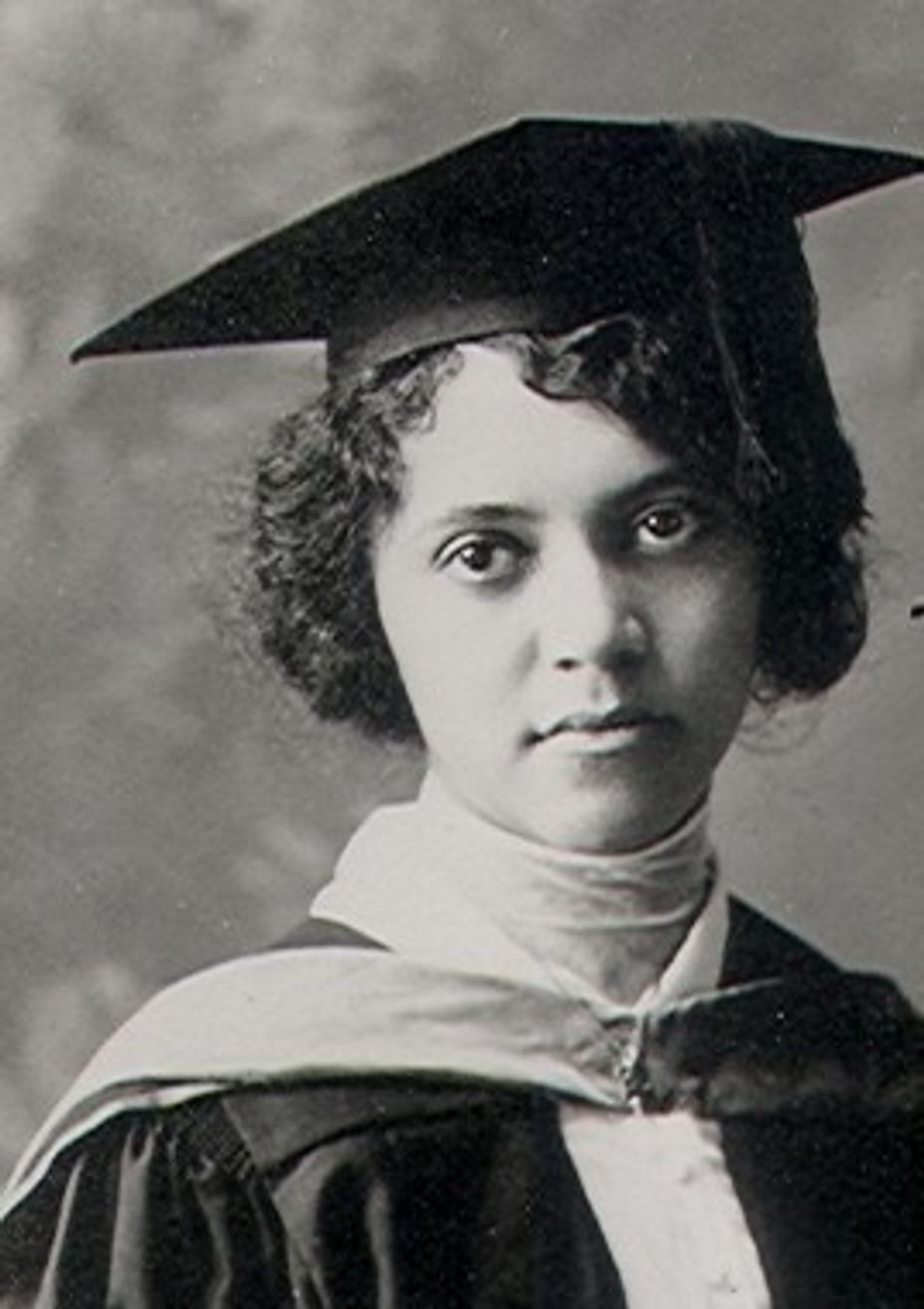📺 - #Letters4TransKids - "You Know Who You Are!"
www.youtube.com/watch
🗣 - “I want you to be fully you, whoever that turns out to be. And it’s okay if it takes time to figure it out. That’s part of what being a kid is supposed to be all about—figuring out who you are.” - Ina Fried
‼️ - #Letters4TransKids
#Letters4TransKids is a social media campaign started by Ina Fried to support trans kids targeted by legislative attacks. Provide encouragement, support & comfort to #trans youth in the face of anti-trans legislation!
If you can say #blacklivesmatter , if you can say #EveryChildMatters , if you denounce anti-Asian racism, if you can #standforukraine , if you are left-handed:
Then, you can support trans kids. This needs you to act right now.
❗️ - Watch! Comment! Share!
* 📺 - #Letters4TransKids - "You Know Who You Are!"
* 👍🏻 - Please like & share this to help get heard!
* ✉️ - End anti-2SLGBTQIA+ abuse!
Feedback I have received includes:
* “Wow, you are yelling. Depends on your goal but some ppl might not make it through. Darkside INFJ going full ESTP 😛”
* “And you may have just inspired someone to stand up for themselves as your anger gives them permission to feel it too.”
The anger is real. Kids are under attack, and too many people are not speaking up!
Please hear the message. Please share yours when you're done. #Letters4TransKids
📒 - Alt Information
* Text: #Letters4TransKids "I want you to be fully you, whoever that turns out to be. And it's okay if it takes time to figure it out. That's part of what being a kid is - figuring supposed to be all about figuring out who you are. - Ina Fried
PROVIDE ENCOURAGEMENT, SUPPORT & COMFORT TO TRANS YOUTH IN THE FACE OF ANTI-TRANS LEGISLATION!
* Description: Text is overlaid on a blurred background that resembles the trans pride flag - blue, pink, white, pink, blue. A picture of a blonde woman in an orange shirt is on the left.
* Captions: Automated











